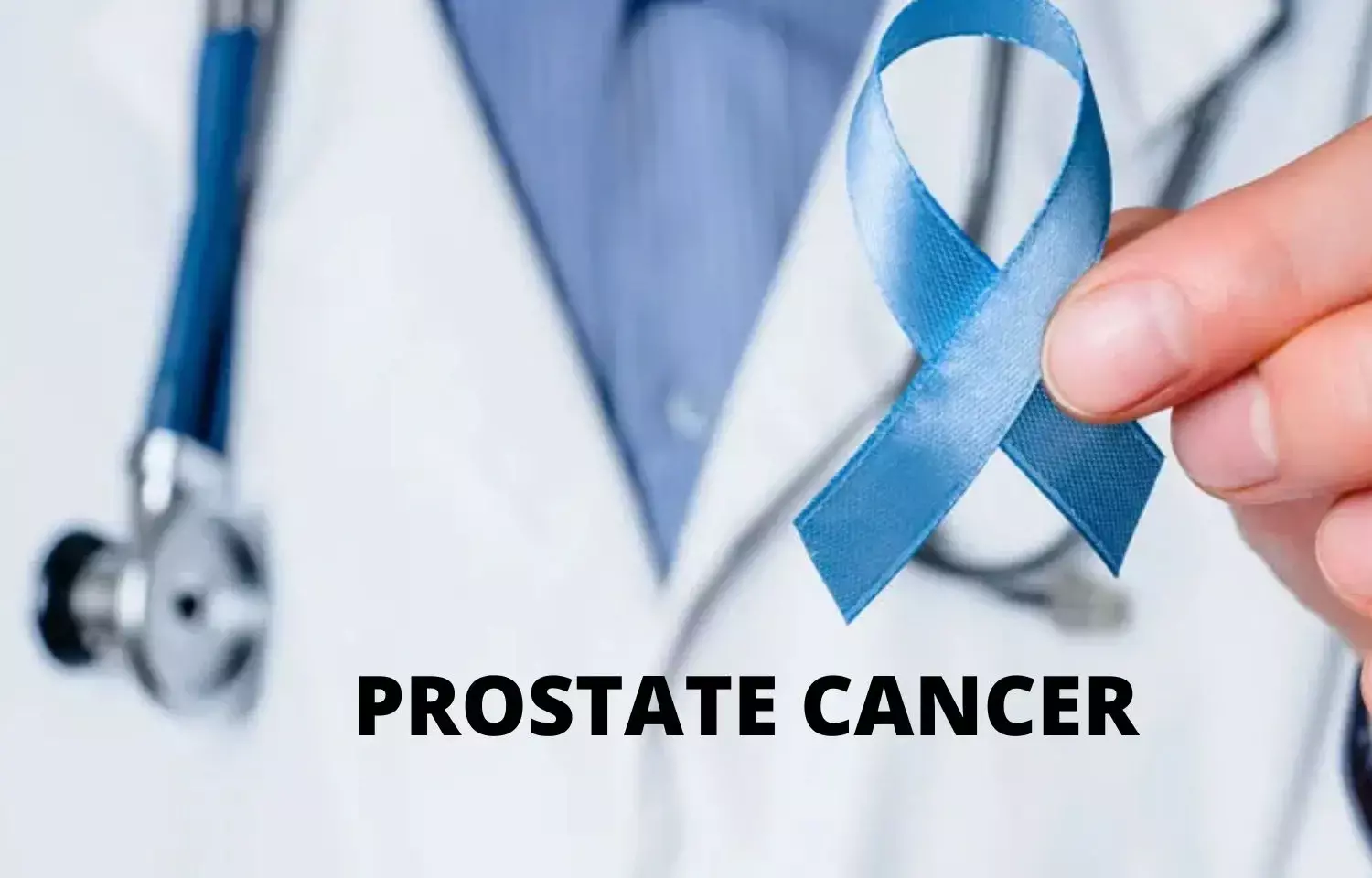- Home
- Medical news & Guidelines
- Anesthesiology
- Cardiology and CTVS
- Critical Care
- Dentistry
- Dermatology
- Diabetes and Endocrinology
- ENT
- Gastroenterology
- Medicine
- Nephrology
- Neurology
- Obstretics-Gynaecology
- Oncology
- Ophthalmology
- Orthopaedics
- Pediatrics-Neonatology
- Psychiatry
- Pulmonology
- Radiology
- Surgery
- Urology
- Laboratory Medicine
- Diet
- Nursing
- Paramedical
- Physiotherapy
- Health news
- Fact Check
- Bone Health Fact Check
- Brain Health Fact Check
- Cancer Related Fact Check
- Child Care Fact Check
- Dental and oral health fact check
- Diabetes and metabolic health fact check
- Diet and Nutrition Fact Check
- Eye and ENT Care Fact Check
- Fitness fact check
- Gut health fact check
- Heart health fact check
- Kidney health fact check
- Medical education fact check
- Men's health fact check
- Respiratory fact check
- Skin and hair care fact check
- Vaccine and Immunization fact check
- Women's health fact check
- AYUSH
- State News
- Andaman and Nicobar Islands
- Andhra Pradesh
- Arunachal Pradesh
- Assam
- Bihar
- Chandigarh
- Chattisgarh
- Dadra and Nagar Haveli
- Daman and Diu
- Delhi
- Goa
- Gujarat
- Haryana
- Himachal Pradesh
- Jammu & Kashmir
- Jharkhand
- Karnataka
- Kerala
- Ladakh
- Lakshadweep
- Madhya Pradesh
- Maharashtra
- Manipur
- Meghalaya
- Mizoram
- Nagaland
- Odisha
- Puducherry
- Punjab
- Rajasthan
- Sikkim
- Tamil Nadu
- Telangana
- Tripura
- Uttar Pradesh
- Uttrakhand
- West Bengal
- Medical Education
- Industry
Novel hormonal agents addition before radical prostatectomy may improve outcomes in prostate cancer

About 20% of patients with localized prostate cancers hat high risk of cancer recurrence and progression. Such patients have unfavorable outcomes despite treatment with surgery, radiation, and standard hormonal therapy.
According to a new study neoadjuvant Novel hormonal agents given before radical prostatectomy have promising outcomes for high-risk prostate cancer patients.
"Neoadjuvant therapy with NHAs before radical prostatectomy is an innovative approach to treatment of prostate cancer with high-risk characteristics," comments senior author Mary-Ellen Taplin, MD, of Dana-Farber Cancer Institute, Boston. "While we await the results of definitive clinical trials, our findings suggest that this approach can improve key outcomes, compared to starting treatment with radical prostatectomy." The study was led by Praful Ravi, MB, BChir, also of Dana-Farber.
Recent studies have evaluated the use of NHAs as initial (neoadjuvant) therapy for HRPC, with the goal of shrinking the tumor before prostate cancer surgery (radical prostatectomy, or RP). A clinical trial is underway to compare the outcomes of neoadjuvant NHA versus standard hormone therapy. However, it won't answer the question of whether neoadjuvant NHA therapy followed by RP can improve outcomes, compared to initial RP.
To address this issue, Dr. Taplin and colleagues compared outcomes in two groups of patients with HRPC. One group included 259 men with HRPC treated from 2010 to 2016, who underwent RP without any neoadjuvant therapy.
The other group consisted of 112 men who received neoadjuvant therapy with NHAs before surgery (neo-RP). The main outcomes of interest were BCR and survival without cancer progression (metastasis-free survival). The analysis included adjustment (inverse probability of treatment weighting) to minimize differences in characteristics between groups.
After neoadjuvant therapy, 12% of men in the neo-RP group were classified as having minimal residual disease: in other words, the prostate cancer was almost completely eliminated after treatment with NHAs. Patients undergoing neo-RP were also more likely to have negative margins after RP, indicating no evidence of cancer after surgery.
Key follow-up outcomes were also better after neo-RP. On adjusted analysis, 59% of men receiving NHAs before surgery were free of BCR at 3 years' follow-up, compared to 15% of those undergoing RP without neoadjuvant therapy.
There was a similar improvement in rates of metastasis-free survival. Ninety-six percent of men in the neo-RP group were alive without evidence of tumor spread after 3 years, compared to 68% in the RP group.
Men in the neo-RP group were also less likely to need further treatment, including adjuvant therapy (7% versus 24%) or salvage therapy (34% versus 46%). With current follow-up of about 6 years, overall survival rate was not significantly different between groups.
The researchers note some limitations of their study-particularly the inability to account for other confounding factors that might have contributed to differences in outcomes between groups.
However, "the results suggest significant benefit with [NHA prior to RP] in unselected patients with HRPC," Drs. Ravi and Taplin and coauthors conclude. They emphasize the need to confirm the benefits of the neo-RP approach in ongoing randomized trials.
Reference:
Praful Ravi, Lucia Kwak, Wanling Xie, Kaitlin Kelleher, Andres M. Acosta, Rana R. McKay, Adam S. Kibel, and Mary-Ellen Taplin, https://doi.org/10.1097/JU.0000000000002803
Dr Kamal Kant Kohli-MBBS, DTCD- a chest specialist with more than 30 years of practice and a flair for writing clinical articles, Dr Kamal Kant Kohli joined Medical Dialogues as a Chief Editor of Medical News. Besides writing articles, as an editor, he proofreads and verifies all the medical content published on Medical Dialogues including those coming from journals, studies,medical conferences,guidelines etc. Email: drkohli@medicaldialogues.in. Contact no. 011-43720751


